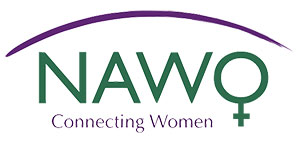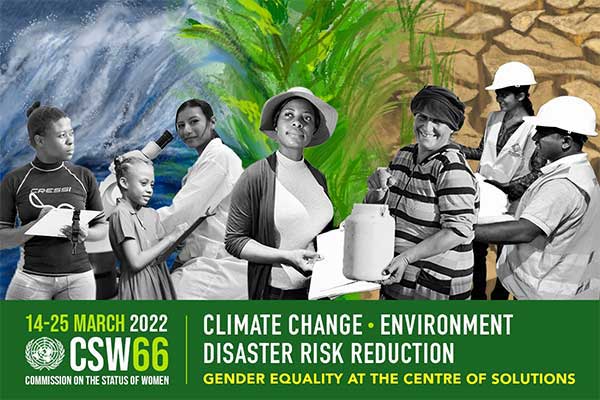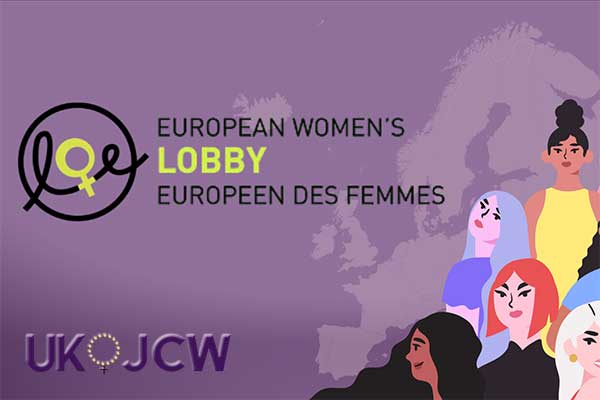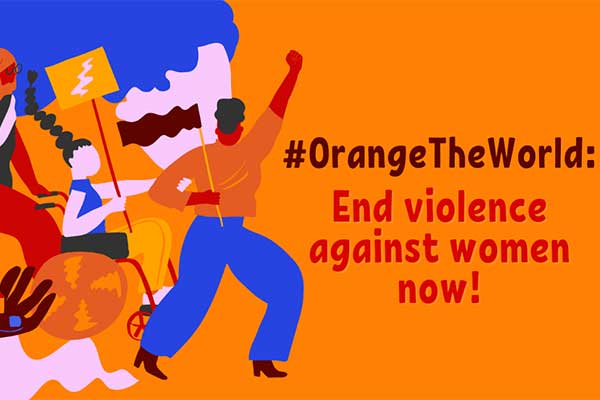Achieving Sustainable Development Goal 5 on gender equality will not be possible in the UK unless women and girls are recognised for their uniqueness, and unless they work alongside men to change hearts and minds. Barbara Cleary, Trustee at the National Alliance for Women’s Organisations explains.
As women and girls, we are all unique human beings and cannot be considered as one homogenous group. Women and girls can experience multiple forms of discrimination on grounds of sex, race, religion, disability, age, sexual orientation or other characteristics such as economic status. Women migrant workers, refugees and others with precarious status are especially vulnerable to pressures of multiple discrimination in the labour market and society generally. This can be especially so in times of crisis when racism and xenophobia can increase.
Multiple-discrimination should be a key factor when examining the challenges women and girls face and proposed solutions to gender inequalities.
Equality impact assessments, when we review and introduce new policies and practice, should consider the implications for women and girls based on multiple characteristics, not just their gender. This practice should be the norm and mainstreamed into every-day activities, whether in the work place, in the provision of services, or access to justice. It is no longer good enough for any woman or girl to remain invisible and not treated equally and fairly.
Creating the same opportunities for women and girls
In the UK, we have made extensive gains on the road to gender parity, but we still have a long way to go. Many barriers to women’s economic empowerment are still present in society today. To break the so-called “glass ceiling”, conditions must be created for men and women to be afforded the same opportunities.
It is well evidenced that failure to achieve economic empowerment of all women will mean failure to achieve five of the Sustainable Development Goals (SDGs), in particular Goal 5. In the world of work, a targeted approach to using the Women’s Economic Empowerment Principles, coupled with more women in leadership roles and robust national action plans will help to build an environment and framework for gender equality to thrive. But achieving cultural change and winning over hearts and minds, perhaps the most challenging barrier, is pivotal to achieving gender equality.
Formal and informal education also has a vital role to play ensuring all women of all ages are empowered to dream and be whatever they want to be. Engaging with girls and boys in primary school and breaking down the myths around gender stereotyping is where we need to start. Women and girls must have access to the same education and training opportunities afforded to men and boys to enjoy full participation in the labour market. As the world of digital technology grows, women and girls must be able to access non-traditional areas of education and work such as STEM. In the interest of gender equality and economic development, women and girls must be equipped with skills to pursue careers in multiple areas and become entrepreneurs in their own right. Equally important will be the need to address child care costs and caring responsibilities.
The world of humanity has two wings – one is women and the other men.
Women have a responsibility to engage with the gender equality conversation and draw on our own experiences to influence change. This should include standing up and being role models to young women and telling our own stories. Equally we need to engage with men and boys as our partners and champions in our campaign for gender equality. The campaign cannot be achieved without their engagement.
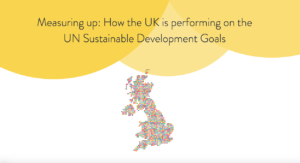
As Bahá’u’lláh said, “the world of humanity has two wings – one is women and the other men. Not until both wings are equally developed can the bird fly. Should one wing remain weak, flight is impossible”
Barbara Cleary is Trustee at NAWO. Lauren Smith was the lead author of the Goal 5 chapter in the Measuring Up report on behalf of NAWO. Click here to read the report.
If you want to help achieve the SDGs in the UK join UKSSD today, and join NAWO here.
